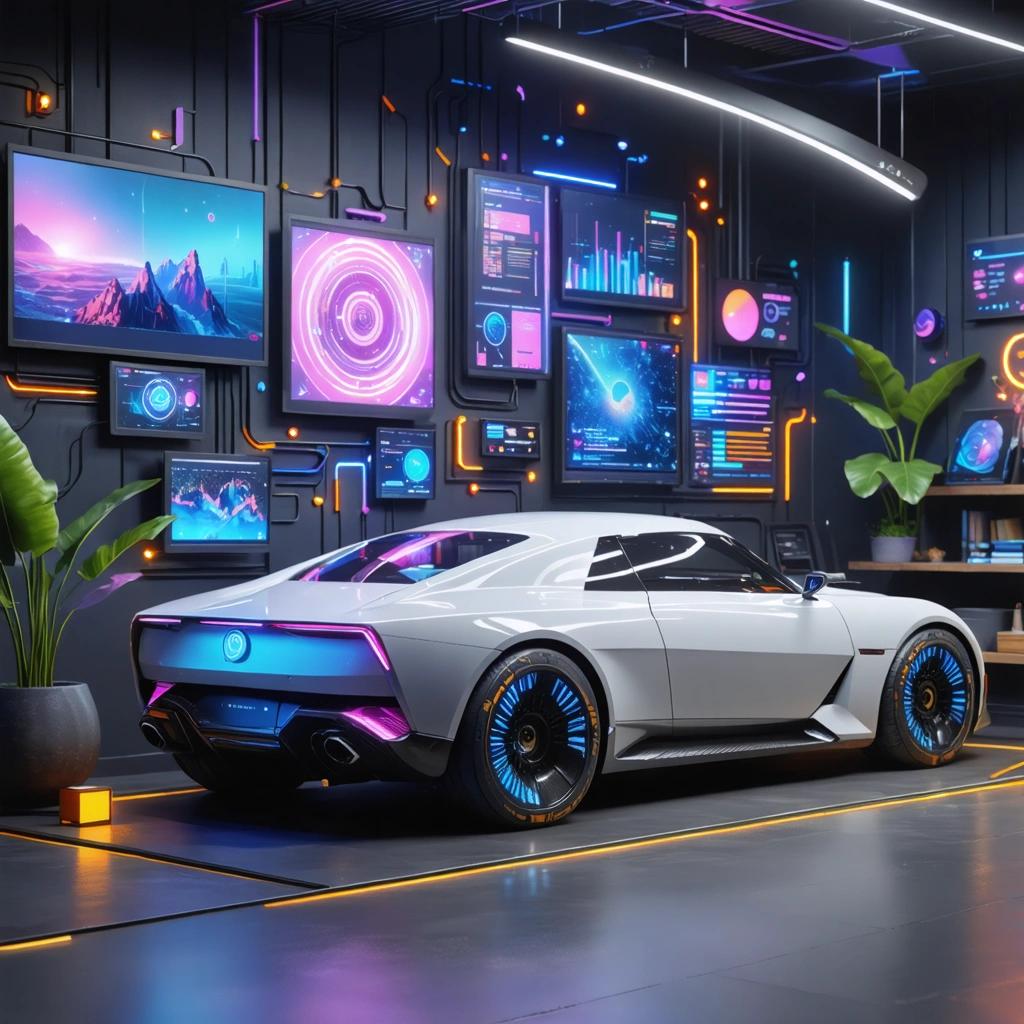
Introduction
Artificial Intelligence (AI) has revolutionized various industries and the automotive sector is no exception. The integration of AI in this industry is proving to be a game changer, enhancing efficiency, safety, comfort, and the overall driving experience.
The Emergence of AI in the Automotive Industry
The adoption of AI in the automotive industry can be traced back over a decade ago, with the primary focus being on improving vehicle performance and safety. However, over the years, the utilization of AI has transcended beyond these aspects. Today, AI is used to enable advanced features such as autonomous driving, predictive maintenance, and personalization of the driving experience among others.
Impact on Vehicle Performance and Safety
AI enables vehicles to assess and respond to their environment, improving both performance and safety. This includes features such as automatic emergency braking, lane keeping assistance, and adaptive cruise control. Through machine learning, vehicles can learn from their experiences and refine their responses over time, further enhancing their safety and performance.
The Rise of Autonomous Vehicles
Perhaps the most significant impact of AI on the automotive industry is the development of autonomous vehicles. These vehicles, which can drive themselves without human intervention, rely heavily on AI to interpret data from sensors and make decisions on the fly. This not only enhances safety but also improves efficiency, as autonomous vehicles are often more fuel-efficient than their human-driven counterparts.
Predictive Maintenance and Personalized Driving Experience
Another important application of AI in the automotive industry is predictive maintenance. By analyzing data from various vehicle components, AI can predict potential issues and schedule maintenance accordingly, thus preventing costly breakdowns. Additionally, AI can be used to personalize the driving experience, from adjusting the seat and mirrors to the driver’s preference, to recommending routes based on the driver’s driving habits.
The Future of AI in the Automotive Industry
The future of AI in the automotive industry looks promising. With advancements in technology, we can expect to see more sophisticated autonomous vehicles, even more precise predictive maintenance, and a more personalized driving experience. However, there are also challenges to consider, such as data privacy and security concerns, as well as the need for regulatory frameworks to govern the use of AI in this sector.
Conclusion
In conclusion, AI is indeed transforming the automotive industry, enabling new capabilities and improving existing ones. As technology continues to advance, we can expect to see even more significant changes in this industry, paving the way for a future where vehicles are not just a mode of transportation, but a smart and personalized companion.




